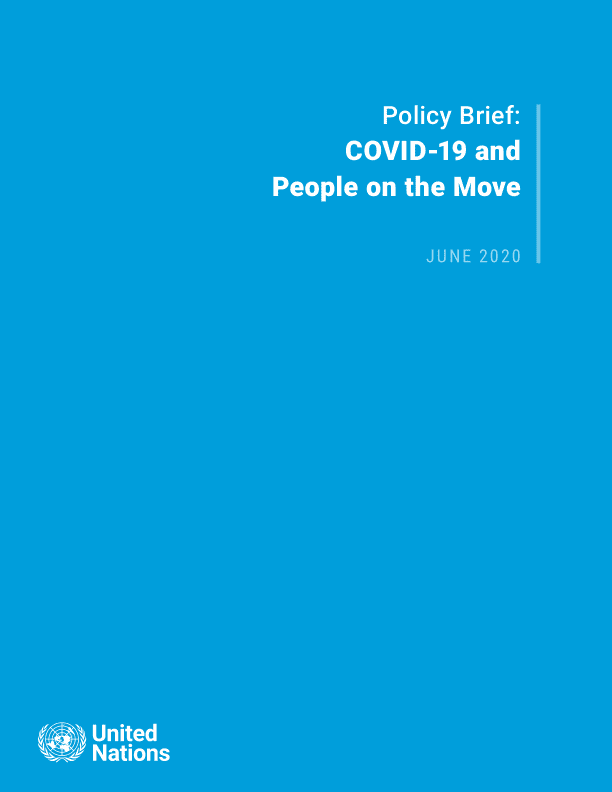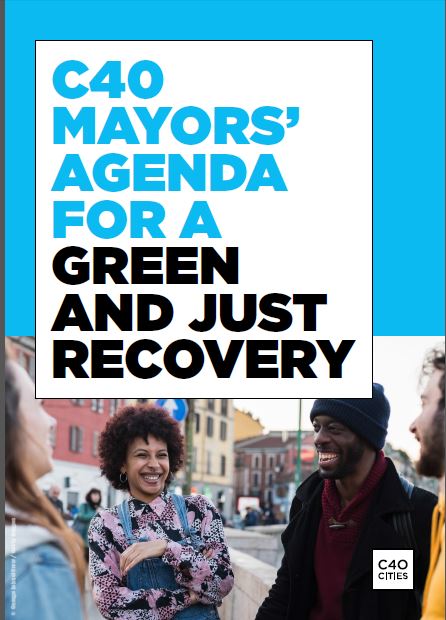IOM Policy Paper on Cross-border mobility and COVID-19
Further to the UN Secretary General Brief focused on COVID-19 and People on the Move, we are pleased to bring to your attention the Policy Paper issued by IOM on ‘Cross-border mobility amid and post COVID-19’. Based on a review of presently available evidence on migration and health-related impacts of the COVID-19 pandemic, the brief encompasses the short and medium term challenges and selected solutions for human mobility; possible and preferred scenarios for promoting coordinated and ‘healthy’ reopening of borders and lifting of travel restrictions, and longer term recommendations for migration and health policies in […]
IOM Policy Paper on Cross-border mobility and COVID-19 Read More »


